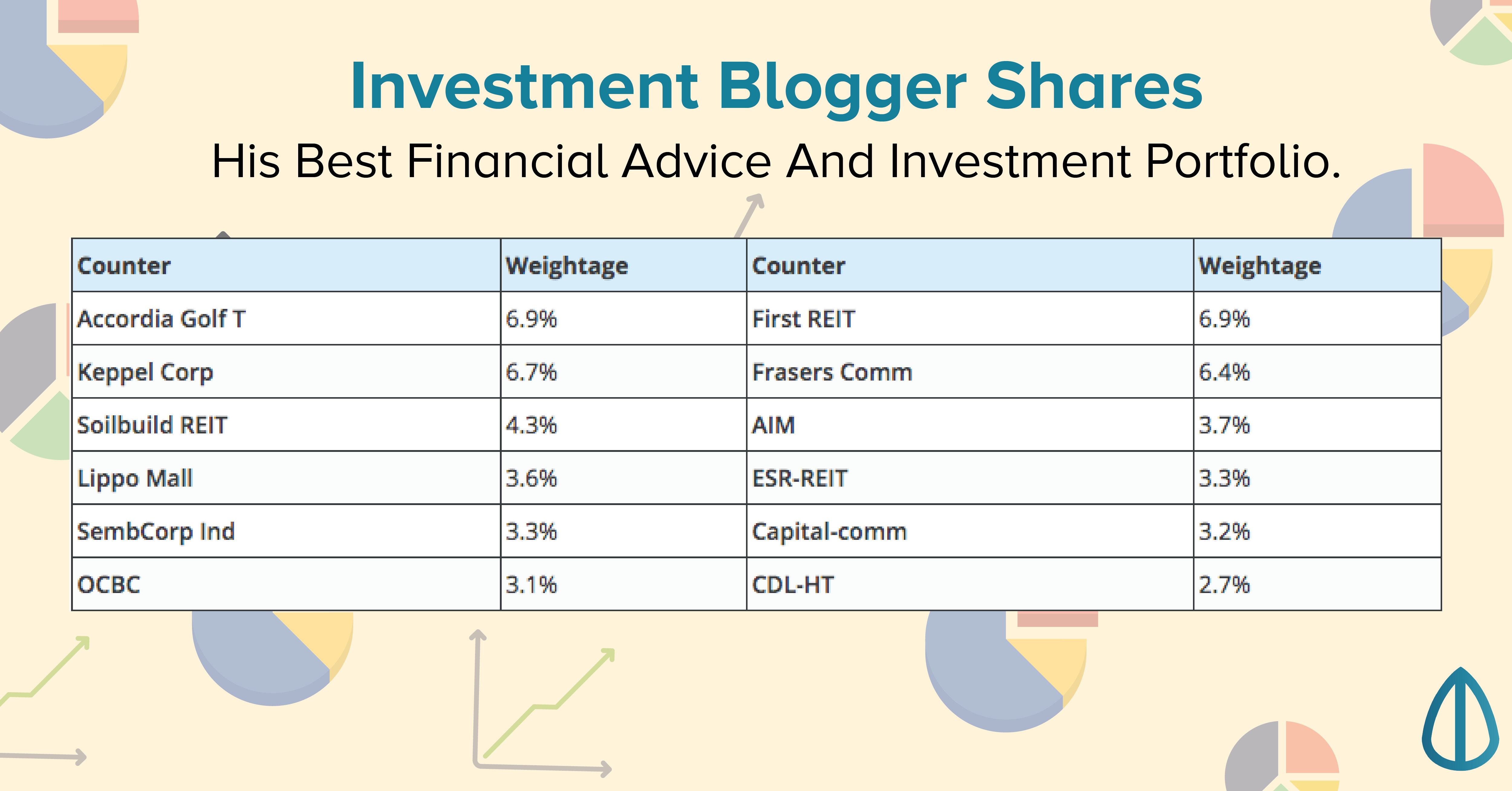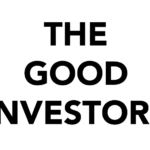Discussion (8)
Learn how to style your text
Reply
Save
Tim Phillips (ProsperUs)
05 May 2021
Head of Content & Investment Lead at ProsperUs, CGS-CIMB Securities
Very compehrensive list (which I concur with) by everyone below so I'll just throw in my two cents on choosing tech stocks and how I view them through the lens of characteristics that are perhaps more intangible.
Is this company making the world a better place? Last year was a watershed moment for institutions on ESG and what they hold in their portfolio. I don't think that lesson has been lost on retail investors either.
A new generation of younger investors demand that companies they own adhere to a higher ethical standard than what was previously expected. Does the company have fair hiring practices? What's its carbon footprint (increasingly relevant for power-hungry cloud providers)?
These are just some questions investors need to ask themselves nowadays. In a world where it's a no-brainer that you don't want to be invested in oil & gas/tobacco stocks, looking at tech companies through this ESG lens is going to become even more critical when allocating money.
On that note, there are definitely examples of questionable ethical standards in tech. Facebook is a prime example. All the scandals around data privacy (Cambridge Analytica, anyone?) and anti-competitive behaviour make it, in my opinion, the least palatable investment in Big Tech.
It might be a great business but does that trump everything else as an investor? In this day and age, the answer, increasingly, is "No".
Optionality - Relating to the actual business, does it have the ability to extract cash from multiple sources?
If you're looking at some of the truly great mega-cap tech firms, like Amazon, Apple and Microsoft, they have multiple business lines or are creating new ones in order to grow their total addressable market (TAM).
In e-commerce, you'd think Sea and MercadoLibre are pure -commerce plays but actually, they have the gaming and payments angles, respectively, as well with Garena and MercadoPago. Similarly in payments, Square and PayPal are moving into spaces that we wouldn't normally associate with them.
Square now has a banking license and you can trade stocks on its Cash App. Both Square and PayPal allow crypto trading. That is a classic example of optionality. The ability to pivot and disrupt new spaces in order to grow the business materially.
Win-Win-Win? This relates to the relationship between a business, its clients and the end consumer. If they're more of a symbiotic business which has multiple stakeholders then balancing these priorities takes adept management.
For example, look at Grab, which is going public via SPAC. One of the big reasons I'm not a fan of its business is that one of its core stakeholders in the food delivery division (the actual restaurants) actually tend to hate them.
That's because they charge an exorbitant 20-30% of every order. If you have a client base that is begrdugingly using your services, that's a receipe for long-term disaster.
This example could be extended to DoorDash (NYSE: DASH) in the US as well, with food delivery platforms widely despised by restaurants and eateries. That's no secret and it's unlikely to change unless there's a massive overhaul of incentives so that stakeholders are aligned.
Finally, from a numbers perspective, in order to really narrow down whether a business has the potential to scale meaningfully, I tend to focus on cash flow.
Whether it's "free cash flow" or "operating cash flow", it's going to give you an idea of the success of the business over time so watch these metrics like a hawk.
Reply
Save
Hi,
I co-run a boutique fund that invests in listed companies around ...
Read 2 other comments with a Seedly account
You will also enjoy exclusive benefits and get access to members only features.
Sign up or login with an email here
Write your thoughts
Related Articles
Related Posts
Related Posts









The article I wrote can be found here: https://blog.seedly.sg/how-to-pick-the-best-tec...
At a glance, here are 10 things to look out for when picking listed tech companies to invest in:
Strong business with a wide economic moat
Recurring revenue growth (least 20-30% annually)
Gross profit margin (over 70%)
Increasing profitability and free cash flow
Healthy balance sheet (manageable debt at the very least)
Customer-centricity leading to happy customers (look for high net retention rate and increasing customer count)
Honest and competent management team (look for high insider ownership and manageable total annual compensation)
Healthy company culture (look for high Glassdoor rating)
Large total addressable market
Valuation